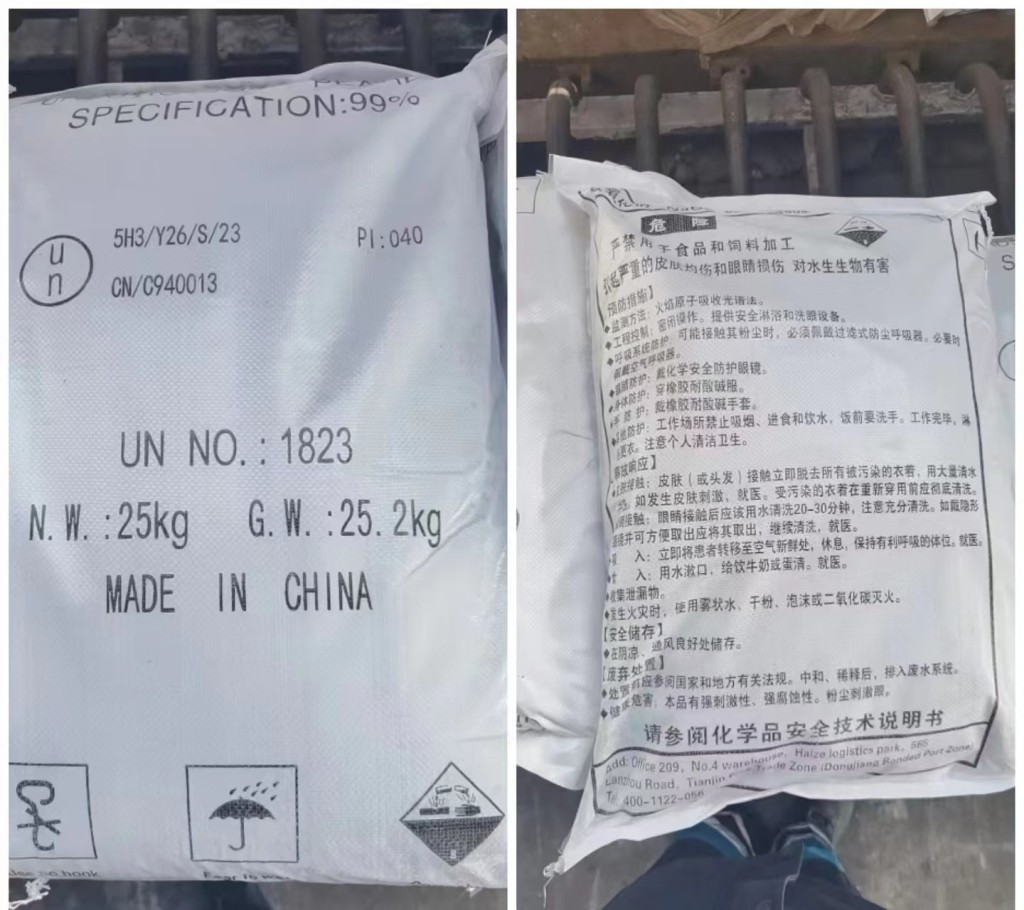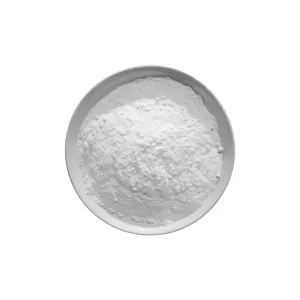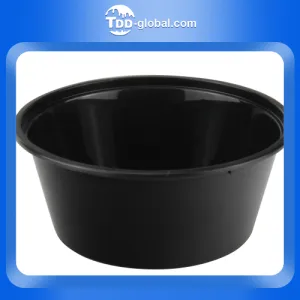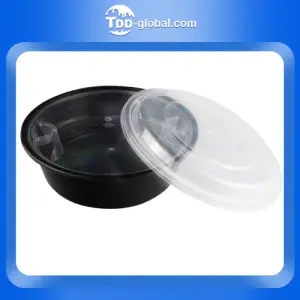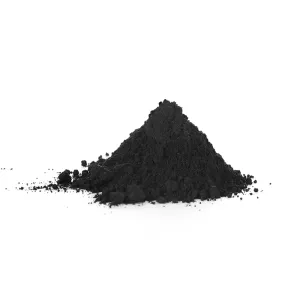Doubling epoxy manufacturing capacity and expanding overseas operations: Jayant V. Dhobley, Business Head & CEO – Global Chemicals, Aditya Birla Group
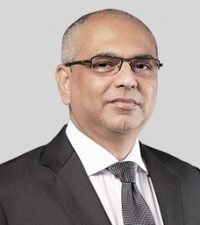
Jayant V. Dhobley, Business Head & CEO – Global Chemicals, Aditya Birla Group
What are the growth drivers for India’s specialty chemicals industry vis-à-vis the global market?The Indian specialty chemicals industry currently comprises a fraction of the global market. We are talking of a domestic industry whose projected size by FY 2025 will be US $64 billion against a trillion-dollar projected global industry. The demand for advanced materials like specialty chemicals tends to grow faster than the GDP, especially in consumption-based economies like ours, a 12% annual growth rate for the sector is not unreasonable if the GDP grows at 7-9%. Over the past decades, India’s end markets in electronics, industrial farming, and processed foods have not grown very fast, and due to this, the domestic industry largely developed as a vendor supplying molecules and intermediates to global players. However, the current broad-based economic growth creates opportunities for domestic players to go beyond their narrow focus on pharma APIs, agrochemical intermediates, dyes, pigments and coatings, and add new product lines across polymers, specialty materials, nutraceuticals, food & feed additives, etc. What has been the key growth and expansion milestones for Aditya Birla Chemicals in FY 2021-22? As a group, we have a profitable chemical portfolio with a revenue of about US $2 billion today. One of our recent milestones was the launch of our new chlor-alkali site at Balabhadrapuram in Andhra Pradesh. We also announced the doubling of our epoxy manufacturing capacity and expanding our overseas operations in inorganic phosphates and sulphites. We are committed to profitable growth across our business. What are the factors instrumental in Aditya Birla Chemicals’ global leadership across diverse chemical segments?For one, we got into the business quite early. The Aditya Birla Group was probably the first industrial house to expand outside India, and the setting up of our operations in Thailand was a pioneering step. Incidentally, not many people know that Aditya Birla, was a chemical engineer from MIT, and he was at the forefront of setting up of our businesses in peroxides, sulphites, phosphates, and chlor-alkali. Secondly, we always aimed to develop leadership positions in each of these businesses. We wanted to be – and are – India’s largest chlor-alkali player. Within certain niche segments of phosphates and sulphites, like blends and value-added formulations, we are leaders as well. Our peroxide business enjoys market leadership in Southeast Asia, particularly in high-purity hydrogen peroxides used for electronic manufacturing. We have also continuously invested in products, formulations, and capacity expansion in epoxy business, which is arguably the world’s fifth-largest today. During COVID-19, ensuring public hygiene was the biggest priority, and we provided a robust platform to authorities and society at large to deal with the pandemic and beyond. Clean and safe water is a large part of public health and hygiene, and chlorine has a big role to play. With the strong chlor-alkali portfolio, we were able to supply vital chlorine-based products to municipal authorities, government bodies like the Namami Gange Programme team, as well as to private industries to tackle the hygiene challenge. In each of these cases, we didn’t just supply the products; we provided a full solution across the value chain. This is also required because the water quality across sources like rivers and wells varies widely, and hence the solution also varies. Besides this, some of our customers in the chlorine value chain also developed pharma products for medical use during the pandemic. Did you experience any fluctuation in demand due to COVID-19?Yes, but the upside has been more than the downside. While there was a demand reduction for chlorine products used in the PVC industry due to the slump in construction, the demand for products related to water and sanitation, pharmaceuticals, and agrochemicals increased. Another area that was positively impacted was consumer electronics, because people were staying at home and using mobile phones and laptops much more, which drove up the demand for epoxy. How distributed production centres enabled Aditya Birla Group to meet global demand?Our chlor-alkali market is a domestic one, because it’s not easy to transport caustic soda or chlorine over long distances. Our epoxy portfolio has customers across Asia, and we serve them through manufacturing units in India, Thailand, and Germany. These products find application in industries like wind energy, automotive coatings and composites, etc. The demand for phosphates and sulphites is completely global. We have a nice portfolio of blends and formulations for ‘feed and food’, which are manufactured in Thailand and exported around the world. In a nutshell, while we play in multiple global value chains, the Indian specialty market is the world’s fastest-growing, and that represents the biggest opportunity for the industry. What is the future of the Indian specialty industry and ABG chemicals’ role in it? The small size of the Indian specialty industry creates a huge runway for growth. For instance, Aditya Birla Chemicals is capitalising on the growth potential in the chlor-alkali value chain by adding manufacturing units for epichlorohydrin and chloromethane in Gujarat, and a monochloroacetic acid factory in Andhra Pradesh. We are bullish on epoxy, because of the growth in sectors like automotive, electronics, and construction. The same goes for the food industry, which will demand more food additives, triggering demand for phosphates and sulphites. We are also evaluating other products and chemistries to get into. How are global sustainability trends affecting your business? There are two parts to it. As a business we are shifting gradually to renewable power, because power is a big requirement for us. Whenever we set up a new plant, we also look at how we can minimise our water footprint and move towards zero liquid discharge. Simultaneously, we make products more sustainable across value chains. For instance, the strength-to-weight ratio of our epoxies makes them ideal for reducing fuel consumption (in conventional automobiles) and for electric cars. In India, we face huge farm-to-table food wastages due to inefficient transport and storage. Additives that improve shelf-life extension form an important part of a sustainable future. Ditto for water. In a water-scarce country like India, maximising water potability through better treatment is very important in the global warming context. What are your current priorities on the R&D and product innovation front?We have some exciting products in the customer trial stage. The first is Recyclamine, a patented technology that allows epoxy thermosets which are non-recyclable to now be recovered, reused, and repurposed. Through this technology, we can facilitate end-of-life recycling and zero waste manufacturing thus moving closer towards a circular economy. This provides a paradigm shift in many industries that use epoxy based composites, minimizing ecological, environmental, and societal impacts of composite waste. Second, we are creating the next generation of long-chain chlorinated paraffin wax plasticisers that have a better sustainability and toxicity profile. These are just a couple of recent examples. What are the growth areas you are targeting in 2022 and beyond?Our growth areas essentially align with the growth of the industry. India is seeing strong demand growth more or less across all sectors of the economy, which means that the growth is very broad based and independent of any particular end market or customer. That’s good news for us and the entire industry. Note: This interview has also been published on Chemical Industry Outlook 2022 and here’s the link to view full version of the annual compendium.
Recommended Suppliers
 June 3, 2024
June 3, 2024  June 3, 2024
June 3, 2024  June 17, 2024
June 17, 2024  June 18, 2024
June 18, 2024  June 18, 2024
June 18, 2024 

